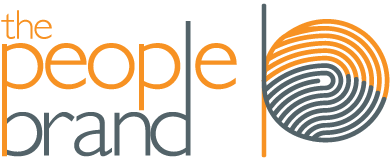Our beliefs may be the strongest forces shaping the way we live. Their effects are wide and varied beyond what I could ever hope to write, but here are four ways our lives are affected by beliefs.
- Placebo Effect
Some beliefs are self-fulfilling prophecies. The simple act of believing in something can make it come true. A placebo is the catalyst for this kind of belief. This can be a literal, medical placebo where a patient takes an inert sugar pill and experiences pain relief or healing because they believed the pill contained active ingredients. It could also be a symbolic example such as baptism, which has no spiritual properties yet can initiate a turning point in a person’s life. Placebos use beliefs to create and transform, often bridging our psychological and physical worlds. - Habits
Habits are formed when beliefs create a cycle of positive reinforcement. Habits are shortcuts our beliefs create to manage the pace of our lives and the multitude of choices and decisions there within. Habits are constructs of beliefs, but can be confused with actual beliefs. Eating kale isn’t a belief, but may be a construct created by beliefs in healthy lifestyles and our own value as a human being. - Worldview
Grouped together, beliefs create a lens for viewing the world around you. Beliefs in the environment, economy, healthcare and origins of life may all combine to create a political worldview that is either conservative or progressive. Beliefs around an acceptable lifestyle, competition, collaboration, home/work balance and competence may create a business worldview. These worldviews are then used as a lens for viewing others, and often lead to judging individuals (using words like lazy, mean, stupid, immoral, careless, heartless, etc.). But imagine seeing a car in front of you with two bumper stickers, one being supportive of your religious affiliation and the other supporting a political candidate you think stands for everything your religion opposes. Because we group beliefs together to create our worldviews, we may find it difficult to reconcile others who group together what we think are contradicting beliefs. - Connection
We find affinity with people who share common beliefs with us. Part of this is because we can align our habits and worldviews easily. It is more natural to connect with someone else who participates in similar activities and speaks with the same vocabulary as you because of their shared beliefs. This connection of beliefs brings people together for causes like building a business, campaigning for a political candidate or joining together to aid in relief efforts for the suffering.
One of the benefits of identifying these effects is realizing the impact they have, underscoring why it is important to understand what we believe and why we believe it.
